BepiColombo will see the Earth-facing side of the Moon in the thermal infrared for the very first time.
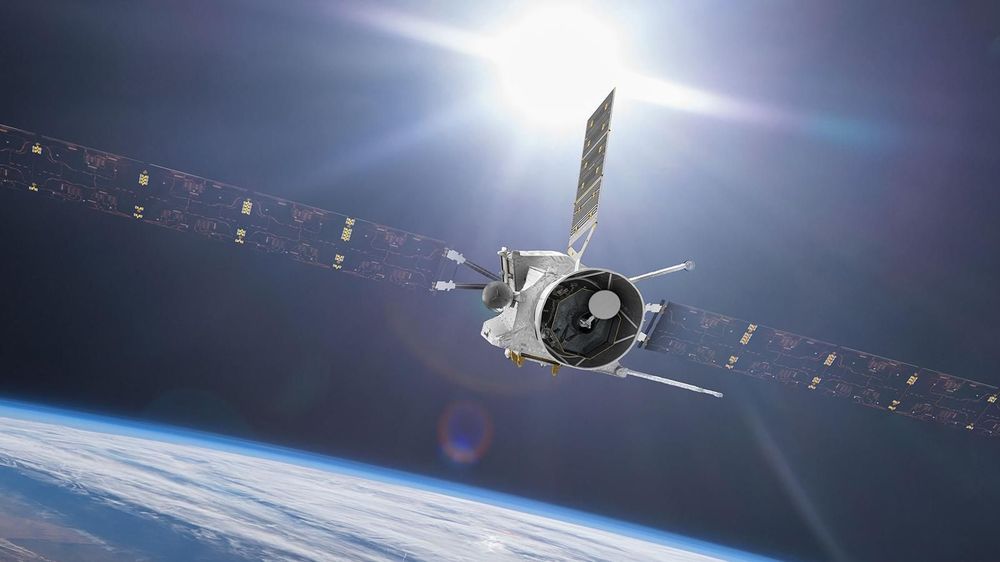

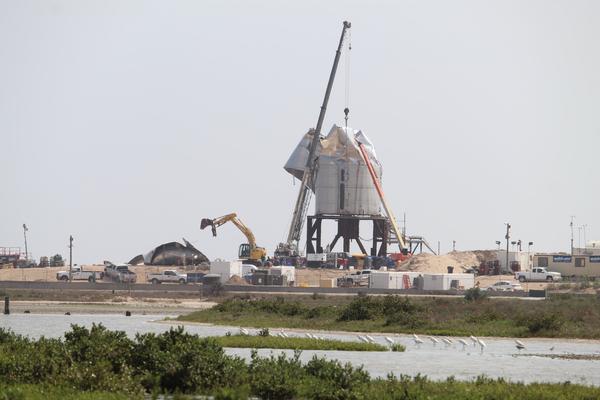
Featured Image Source: @SpacePadreIsle via Twitter.
SpaceX is in the process of developing a gigantic Starship that will one day perform voyages to the moon and Mars. The first test prototypes are under construction at the company’s South Texas facility in Boca Chica Beach. On April 2nd, engineers conducted a cryogenic pressure test on, the company’s third Starship prototype this year. The vehicle was loaded with cryogenic (super cold) liquid nitrogen, and pressurized in order to test out how much pressure the stainless-steel structure could withstand. During the test, the craft is pressurized to the max, as engineers inspect for leaks and hope the stainless-steel structure withstands a pressure strength between 6 and ~8.5 bar. This test aims to put the vehicle into conditions similar to those it would experience during a spaceflight. Though, Thursday’s test did not go as planned. The vehicle collapsed, sending shattered steel parts flying off the launch pad’s stand.
Always a good interview. Short answer, he doesn’t think the timeline is accurate.
Dr. Robert Zubrin, former engineer at Lockhead Martin and president and founder of the Mars Society joins us today for a groundbreaking conversation. We discuss the obstacles to sending humans to Mars and the moon, the emergence and role of private enterprise in leading the way to space exploration, as well as the likelihood of success of the US administration’s announcement of its goal to establish a permanent human presence on the moon in 4 years. Dr. Zubrin also recounts the details of his meetings with Elon Musk prior and during the foundation of SpaceX. Other subjects we touched on included the justification for space exploration in the face of mounting problems and priorities here on earth. We also discuss the role of space as a game-changer in the way military domination and conflicts will be done in the future.
#mars #marssociety #elonmusk
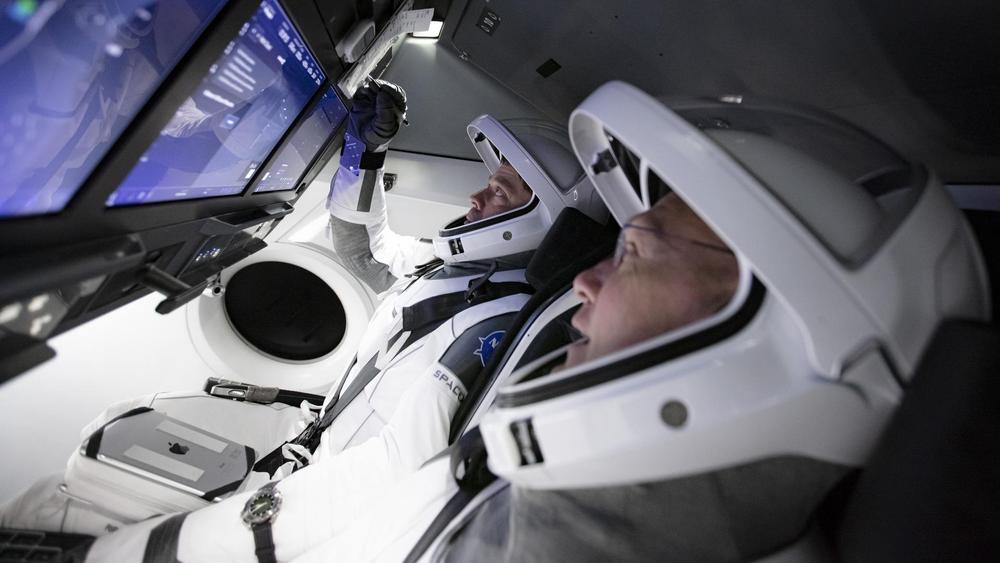
Doug Hurley and Bob Behnken, two veteran space shuttle fliers, are gearing up to fly a privately-developed SpaceX Dragon capsule into orbit this year.
The two astronauts participated in several major training events in March, including long-duration simulations to rehearse procedures they will execute during launch on top of a Falcon 9 rocket, their docking with the International Space Station, and then departure from the orbiting lab for return to Earth.
SpaceX and NASA engineers joined the astronauts in the simulations, rehearsing their roles at control centers at the Kennedy Space Center in Florida, SpaceX headquarters in Hawthorne, California, and NASA’s space station control center in Houston.
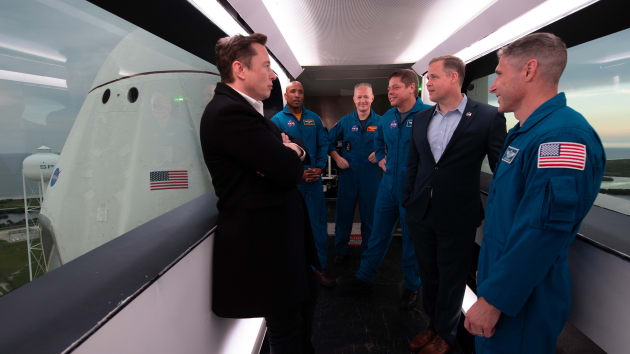
“Depending on when we launch they’re going to be up there for probably two to three months.”
NASA Administrator Bridenstine
The next launch to the Space Station is planned for April 9th and is only a few days away. Preparations for the launch have been complicated with illness and coronavirus complications. AS OF NOW, the launch is still on track to rocket American astronaut Chris Cassidy and his two Russian cosmonauts Anatoly Ivanishin and Ivan Vagner. Originally, Ivanishin and Vagner were backup for expedition 63. Due to a temporary health condition, Ivanishin and Ivan Vagner were moved forward onto the prime crew. Because of delays in the US Commercial Crew Program, the crew on the ISS may be lower that normal.
Since delays to the US Commercial Crew Program might leave Cassidy as the only crew member on the USOS for an extended period of time, Anatoli Ivanishin has been training on US EMU spacesuits. Cassidy has completed multiple EVAs in the past, including an unscheduled EVA. In the unlikely event that an unscheduled EVA is required before additional USOS crew members arrive on the station, then Ivanishin can support Cassidy. Should Ivanishin participate in EVA in the EMU he would be the first Russian cosmonaut to use an EMU since 2007 where Yuri Malenchenko performed the EVA with NASA Astronaut Peggy Whitson. Vagner has been to training on operation the USOS Robotic Arm (Canadarm 2) should there be a need to robotically support any EVA carried out by Cassidy and Ivanishin.

Employees at Jeff Bezos’ aerospace firm Blue Origin are outraged that senior leadership is pressuring workers to conduct a test launch of the company’s New Shepard rocket — designed to take wealthy tourists into space — while the COVID-19 pandemic devastates the United States.
To conduct the flight, Blue Origin officials are considering transporting employees from the company’s main headquarters in Kent, Washington — a town near Seattle where COVID-19 cases have surged — to a small town in West Texas called Van Horn. The town, which has a population of just over 2,000, is home to Blue Origin’s test launch facility where the company has conducted all past flights of the New Shepard rocket.
Many employees fear that traveling to Van Horn might expose them to the novel coronavirus and inadvertently introduce COVID-19 to the residents of the rural town where there is very little infrastructure to handle an outbreak. The Verge spoke exclusively with four Blue Origin employees who all asked to remain anonymous for fear of retaliation from the company. They say they are frustrated by the company’s desire to conduct a launch, as it could unnecessarily jeopardize the health of employees at Blue Origin and residents of Van Horn.
Shortly after the failure, SpaceX’s founder and chief engineer, Elon Musk, said on Twitter, “We will see what data review says in the morning, but this may have been a test configuration mistake.” A testing issue would be good in the sense that it means the vehicle itself performed well, and the problem can be more easily addressed.
This is the third time a Starship has failed during these proof tests that precede engine tests and, potentially flight tests. Multiple sources indicated that had these preliminary tests succeeded, SN3 would have attempted a 150-meter flight test as early as next Tuesday.
Here’s a recap of SpaceX’s efforts to test full-size Starships to date:
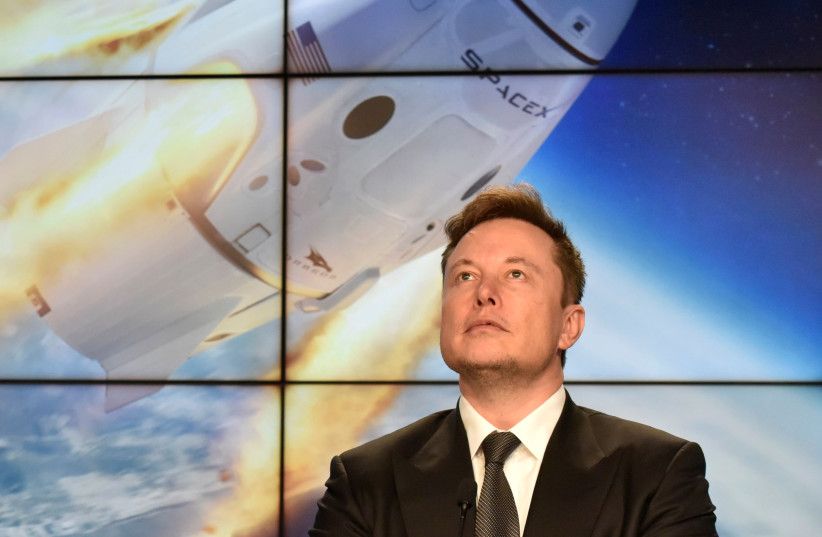
NASA, one of SpaceX’s biggest customers, also prohibits its employees from using Zoom, said Stephanie Schierholz, a spokeswoman for the U.S. space agency.
The Federal Bureau of Investigation’s Boston office on Monday issued a warning about Zoom, telling users not to make meetings on the site public or share links widely after it received two reports of unidentified individuals invading school sessions, a phenomenon known as “zoombombing.”
Investigative news site The Intercept on Tuesday reported that Zoom video is not end-to-end encrypted between meeting participants, and that the company could view sessions.
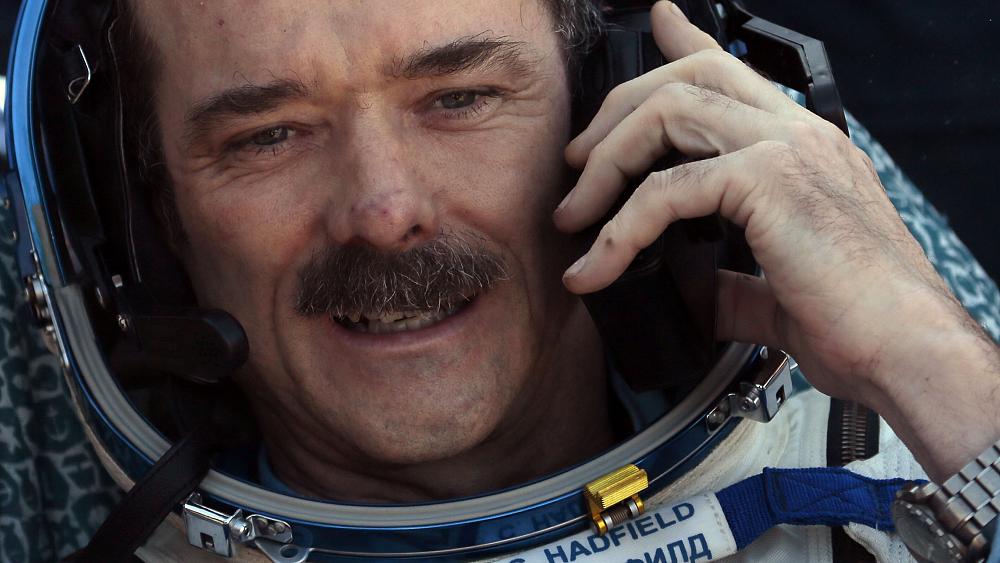
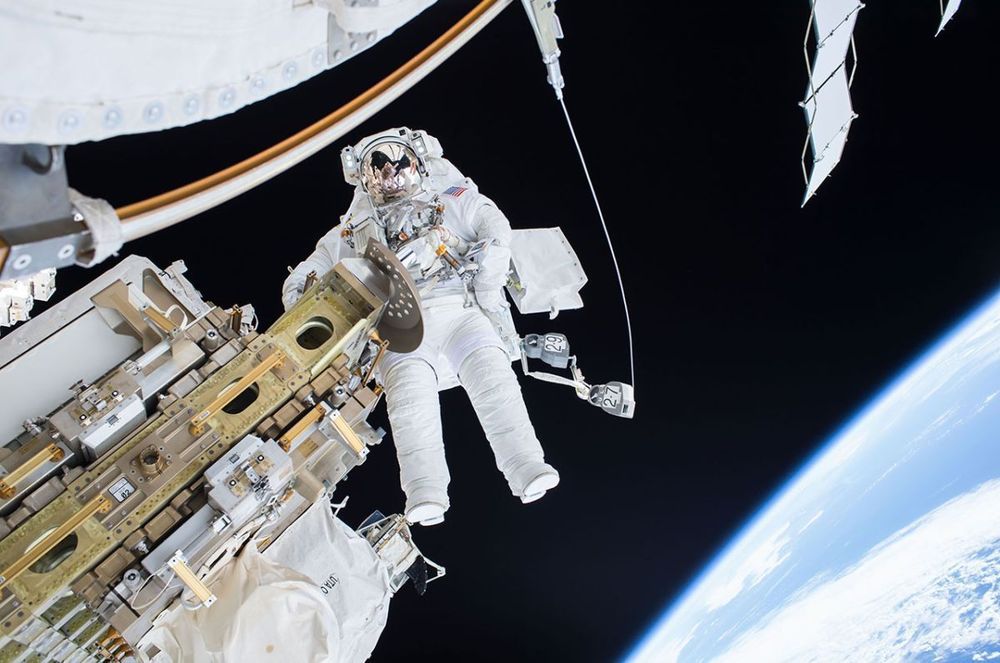
The results are in and, no surprise, a lot of people want to be a NASA astronaut.
More than 12,000 people have applied to join what NASA is calling the “Artemis Generation,” a new class of astronauts to help the agency return humans to the moon and reach outward to Mars. It’s the second highest number of applications the agency’s astronaut corps has ever received, NASA officials said.